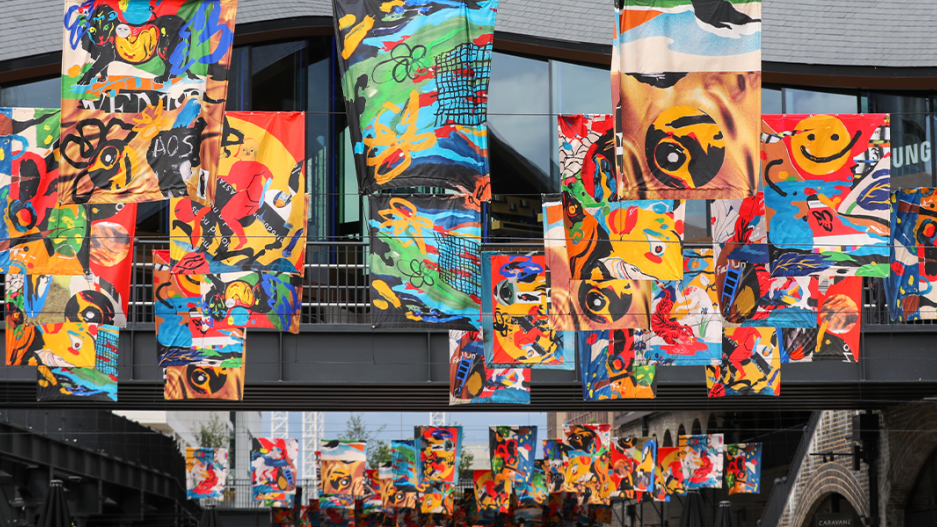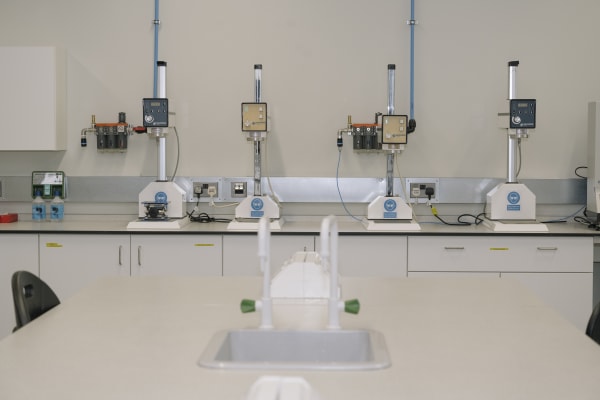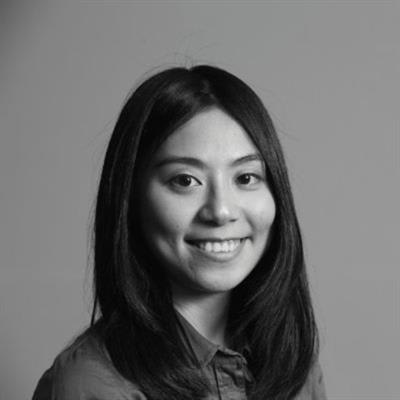Course units
This course will run across three blocks and including shared units in Block 1 and Block 2 and completed with an independent-research unit in Block 3. The final award classification is based upon the Masters Project only.
The units are detailed as follows:
Block 1
Debates in Sustainable Fashion (20 credits)
The global fashion industry needs a sustainable transformation. This unit explores how communication and marketing can be powerful tools in this journey. On this unit, you will examine the challenges facing the industry and discover how communication strategies can be used to promote sustainable practices and influence consumer behaviour. You will develop the analytical skills needed to critically evaluate fashion's environmental, social, and ethical impact, and explore creative solutions to resolving sustainability challenges. This unit will provide you with a foundation of knowledge on sustainable fashion from a theoretical as well as an industry perspective.
Fashion Marketing Strategy (20 credits)
Fashion is a truly global industry in which political, economic, social, legal, environmental and technological developments are causing the reinvention of traditional business models. Fashion marketeers of the future need to be at the forefront, provoking and inspiring change. This unit allows you to think strategically about markets and marketing activities and understand how fashion marketing strategy works in practice, its influence on its various stakeholders and how it’s situated in the context of the overall strategic direction of a business. The emphasis is on how fashion businesses adapt and change for future success in a globalised and cross-cultural industry. You are expected to develop knowledge and awareness of national, local and global audiences, within the context of different cultures, understanding how this can influence strategic planning and key performance indicators for fashion products and services.
Consumer Insights for Communication (20 credits)
In a dynamic and digitally driven fashion industry, effective communication is the key to success. This unit adopts a customer-centric approach enabling you to identify, evaluate and respond to consumer motivations and emotions elicited by fashion brands. This unit equips you with the theoretical and practical knowledge to formulate and manage communication strategies that resonate with consumers and drive business growth. You will also explore the competitive landscape of the global fashion industry and explore the financial implications of integrated marketing communication strategies.
Block 2
Elective Units (20 credits)
Students will have the opportunity to participate in an elective unit as part of this course. This is an opportunity for students to collaborate with students from other courses within the college.
The following is an example list of electives that have been previously delivered:
- Creative Decision Making for Fashion Enterprise
- Cultural Programming
- Fashion Politics and Cultures
- Fashion Practices for Social Change
- Fashion Together: Collaboration for Innovation
Please note:
- Elective unit titles and details of the unit may change year to year
- Elective units offered may change year to year, that is, unit listed above may or may not be offered in subsequent years
- Students participate in a bidding process for choosing electives and participation in any particular elective is not guaranteed
Advanced Strategy for Sustainability (20 credits)
In today's dynamic fashion industry, success demands more than just creativity and design prowess. Fashion businesses must operate with a keen understanding of macroeconomic trends, societal expectations, and their impact on strategic decision-making. This unit delves into the intricacies of advanced strategy in sustainable fashion, equipping students with the tools and insights to navigate the complex interplay of external factors and internal business imperatives.
This unit looks at contemporary issues affecting the global fashion industry and provides opportunity to explore traditional and contemporary models and theories in corporate strategy, applying these in the context of sustainability. You will develop your understanding of change within the fashion industry from a global perspective and the resulting sustainability strategies and areas of focus emerging in response to changing societal demands for business conduct, socio-economic trends, innovative technologies, and cultural changes. The course will emphasize the interconnectedness of fashion businesses with the broader economic and social landscape, equipping students with the ability to develop and implement effective sustainability strategies that align with both business objectives and societal expectations.
Advanced Research Methods (20 credits)
Developing effective approaches to research is crucial for success in your Master's project (MAP) and in your wider career. In this unit you will start to develop and explore your individual research project in preparation for your MAP. You will start to build a theoretical framework for your project and isolate the purpose of the research through the development of a project aim and objectives. You will also decide the research philosophy and design you wish to implement for your MAP, developing a robust theoretically justified research proposal. In the process of developing your research proposal you will consider a range of research methodologies, methods and approaches, evaluating how you will utilise primary research tools effectively in your MAP.
Block 3
Masters Project (60 credits)
The Masters Project is the final stage of your Masters’ course and is the culmination of your studies. It provides you with a space to synthesise all the knowledge and skills you have gained on the course so far. Your project will be self directed and you will negotiate the shape and direction of your project at the outset with your supervisor. This important final phase of your studies is where you will effectively communicate your work along with your ability to critically interrogate your practice with robust approaches to research and theoretical analysis. Upon completion of your project, you will have generated a high-level Masters’ quality piece of work that will showcase your practice, academic literacy and the professional standards that will act as a platform for your future career and professional development.












